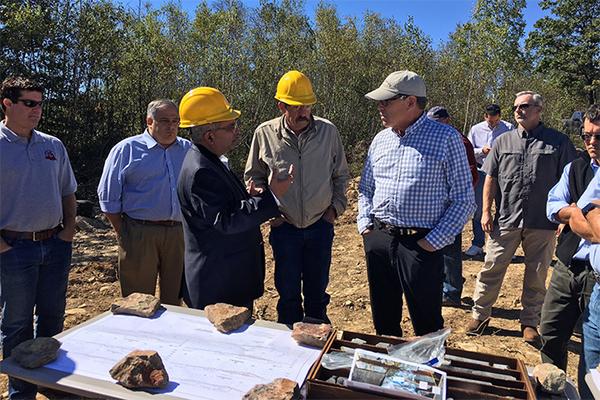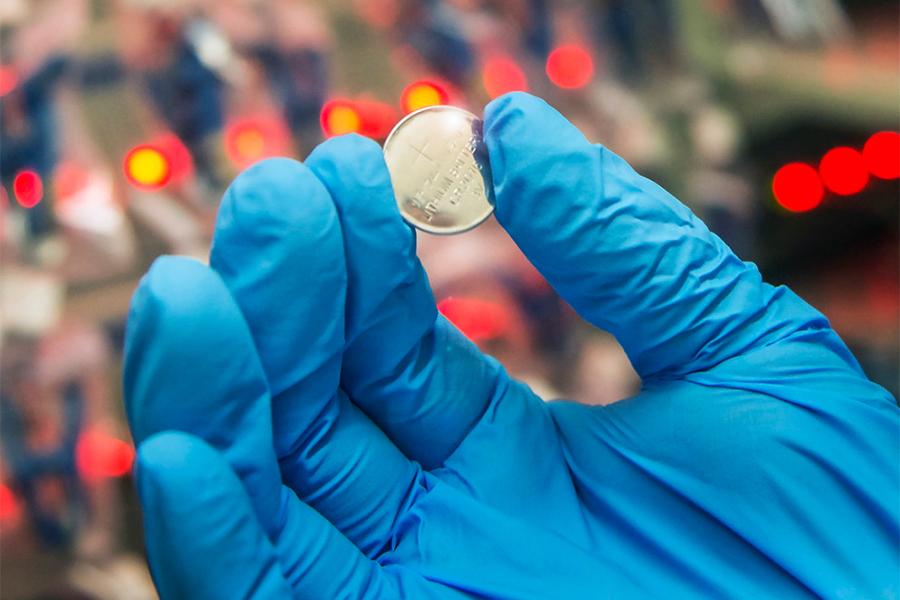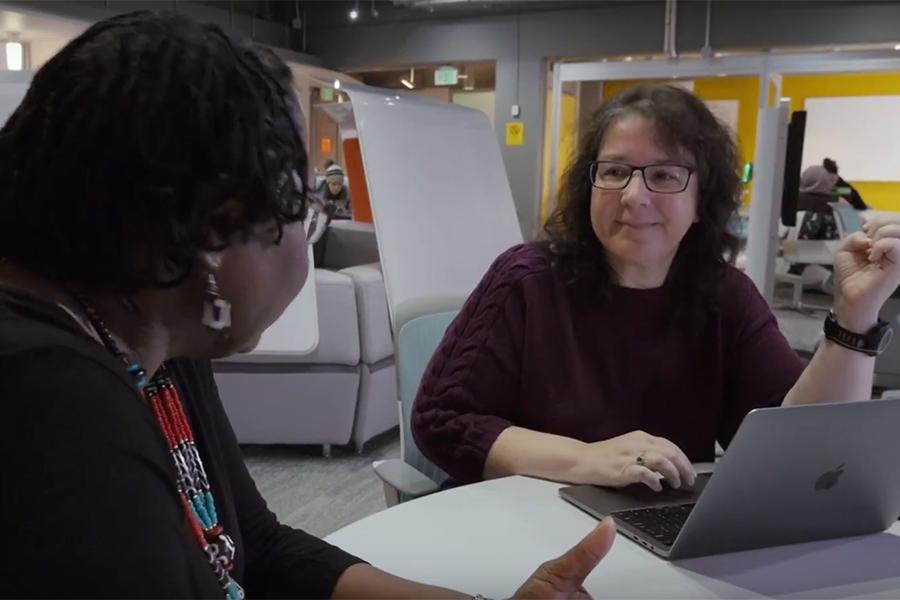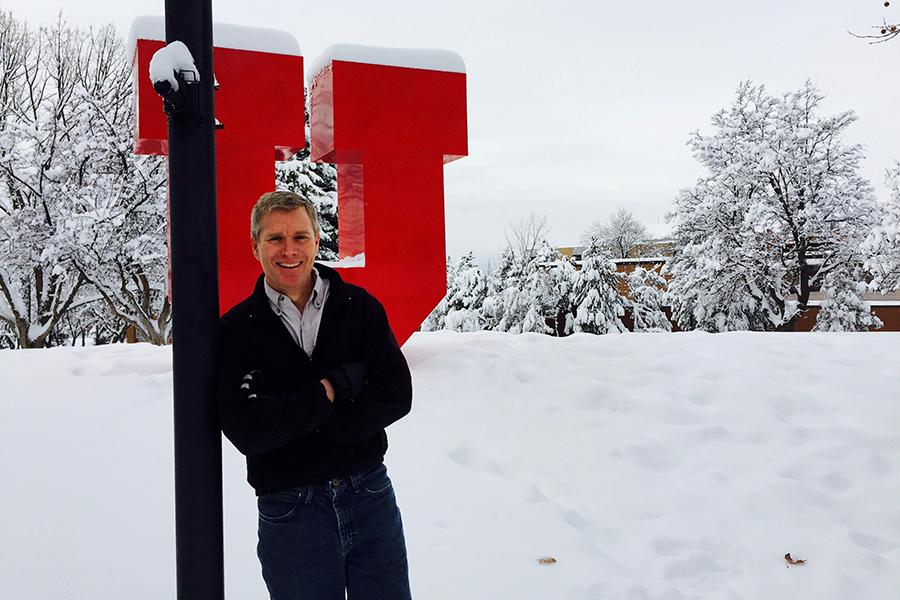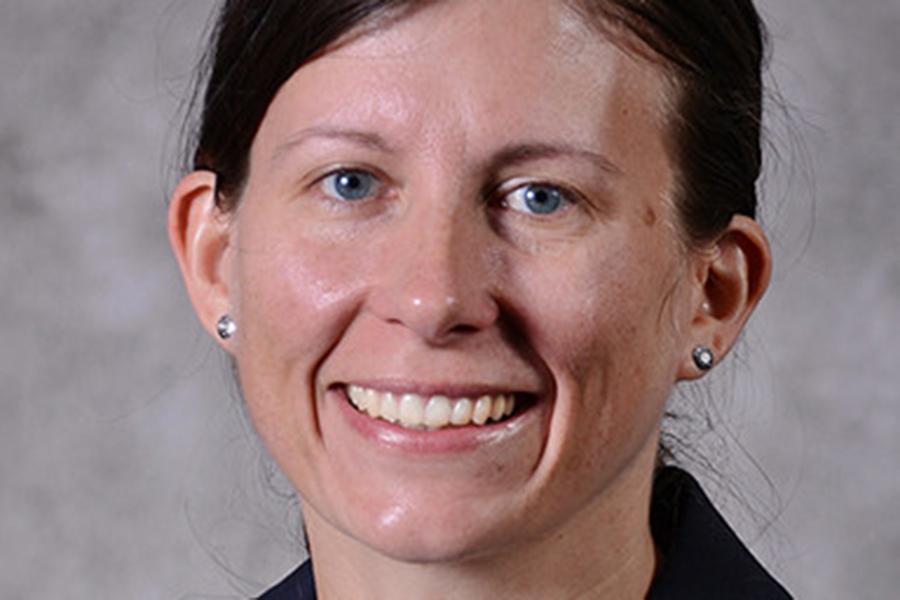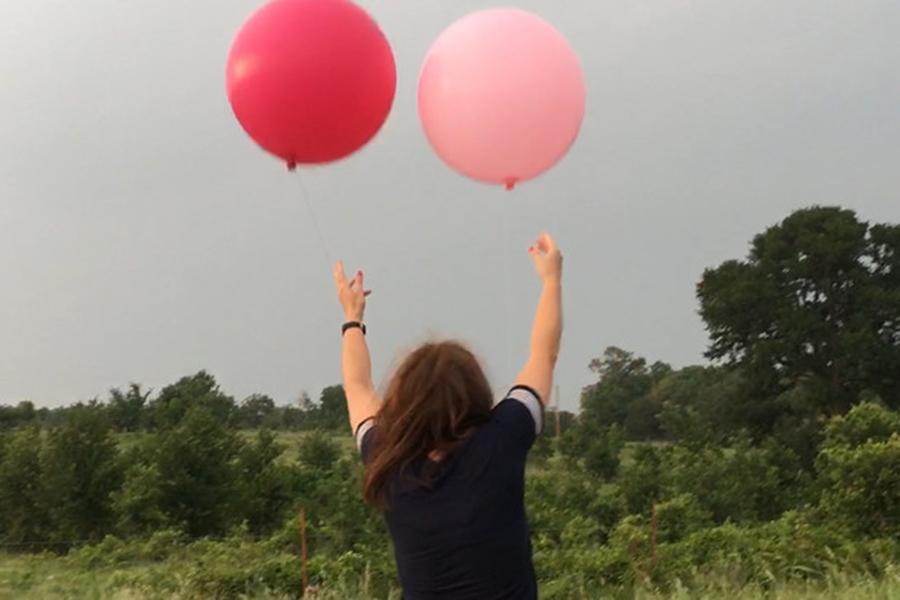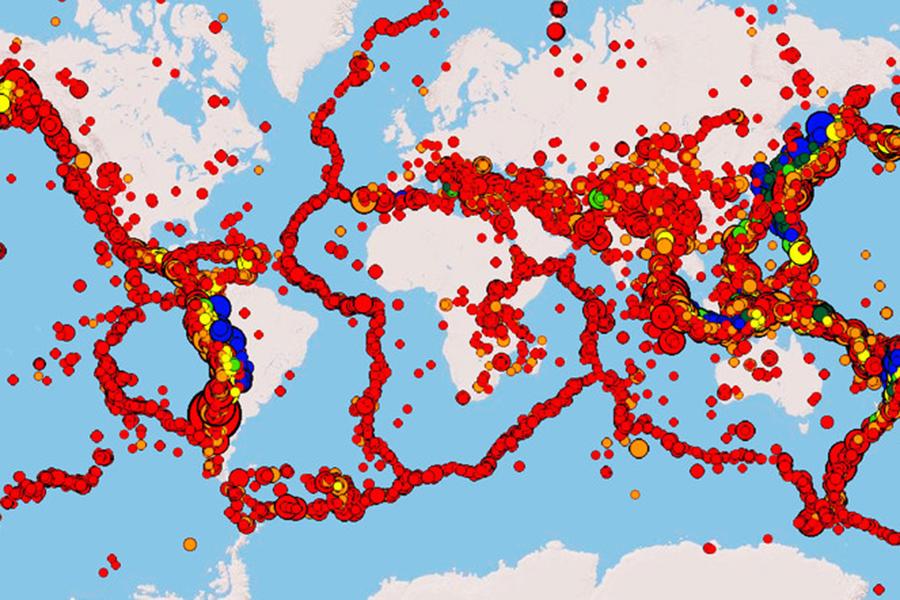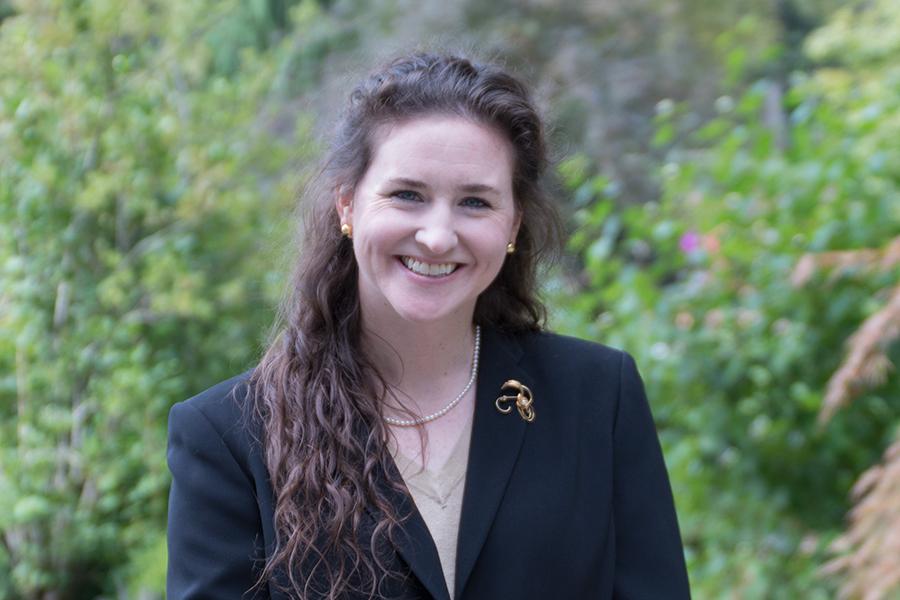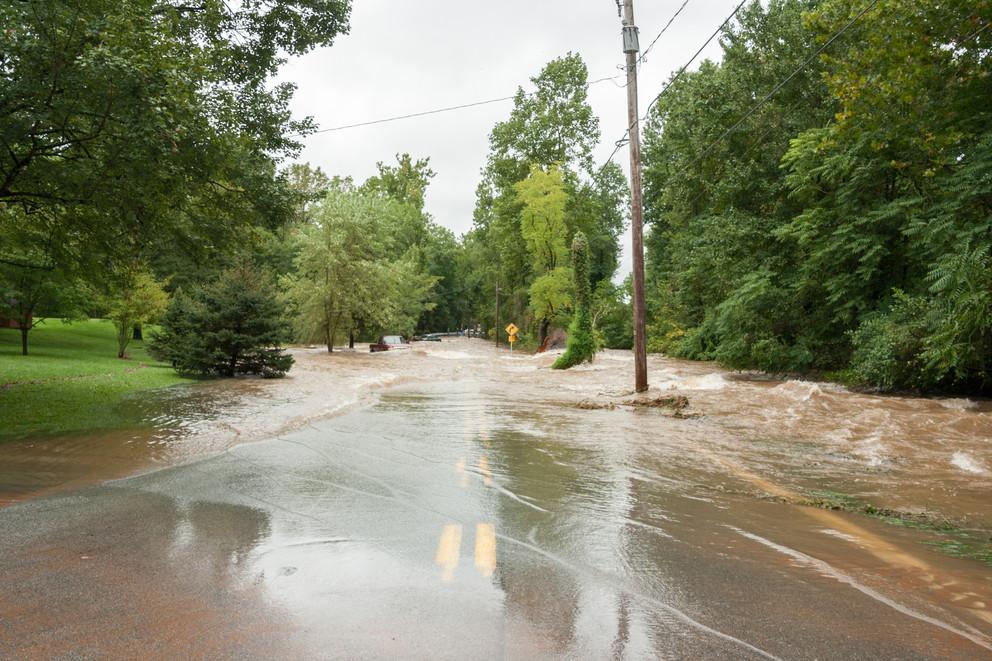Read the latest news about research conducted by investigators in the College of Earth and Mineral Sciences. Our faculty and students are continually advancing technology, creating solutions and expanding knowledge with new and innovative research.
News
U.S. Secretary of Energy Rick Perry highlighted the national importance of a new Penn State–industry collaboration during a recent visit to a Jeddo Coal Company mine in Ebervale, Pennsylvania. Along with Rep. Lou Barletta, of Pennsylvania's 11th district, Perry spoke at a press conference about the collaboration, which aims to extract rare resources from coal. The project is funded by the Department of Energy through the National Energy Technology Laboratory (NETL).
Xiaoxing Wang, an associate research professor in Penn State’s Earth and Mineral Sciences Energy Institute, received the Outstanding Young Researcher Award at the 15th International Conference on Carbon Dioxide Utilization, held July 17-21 in Shanghai, China.
We have come a long way from leaky sulfur-acid automobile batteries, but modern lithium batteries still have some down sides. Now a team of Penn State engineers have a different type of lithium sulfur battery that could be more efficient, less expensive and safer.
The Earth and Space Science Partnership (ESSP) is a program funded by the National Science Foundation designed to help Pennsylvania science teachers build upon their understanding and teaching of big ideas in Earth and space science. The $9 million initiative was aimed at reshaping the teaching and learning of Earth and space science in Pennsylvania.
Jim Steenburgh, professor of atmospheric sciences at the University of Utah and Penn State alumnus, will give the 2017 Lattman Visiting Scholar of Science and Society Lecture. His talk, titled “Communicating Science in the 21st Century: Personal and Political Challenges and Opportunities,” will be held from 2:30 to 4 p.m. on Friday, Oct. 6, in the College of Earth and Mineral Sciences Museum on the ground floor of Deike Building. The event is free and open to the public.
Jennifer Baka, assistant professor in the department of geography, has been at Penn State for a little more than a year, but she has a lifetime of experience assessing the implications of energy. She grew up in a coal mining region of Northeastern Pennsylvania, and watching the relationship a rural community has with a global enterprise factored into her choice to become an energy geographer. It’s a field that combines political and industrial ecology to look at how energy projects impact all segments of society.
Some great ideas are born out of years of painstaking research. Others are gleaned from the plotline of the movie "Twister."
Getting to the core of the problem of teaching young students about the dynamic Earth is the impetus of a four-year, $2.8 million grant awarded to Penn State Associate Professor Scott McDonald.
After defending her dissertation in August, meteorology graduate student Caroline Normile entered public service in September to share her scientific perspective in a U.S. Congress member's office, through the American Association for the Advancement of Science (AAAS) Science and Technology Policy Fellowship program.
A newly released report examines how flooding and recent changes to the federal flood insurance program are impacting rural Pennsylvania in unique ways.



